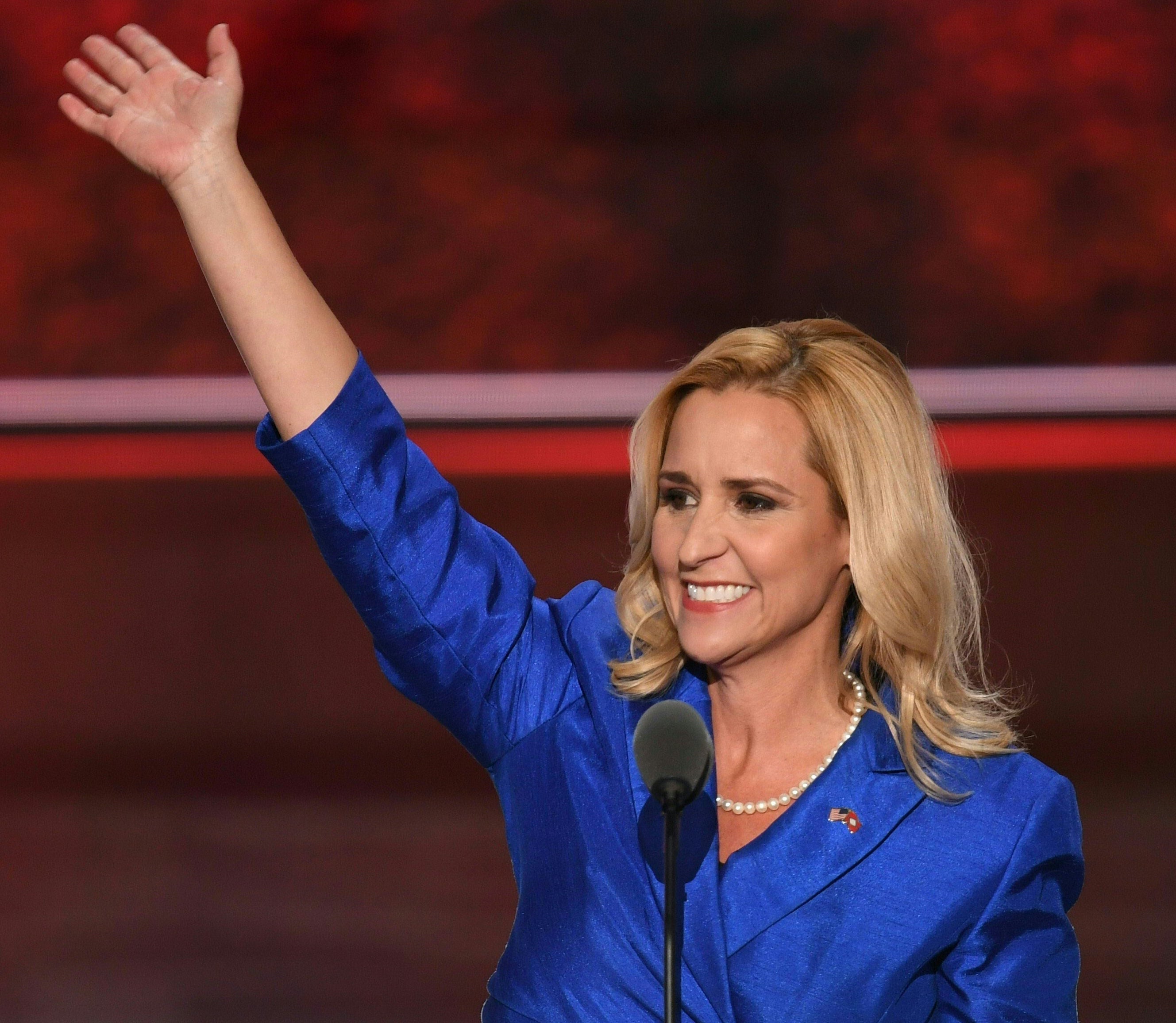Arkansas’s top law official defends banning abortion even in cases of incest and rape of minors
Across swathe of United States women will have same reproductive rights as those in Guatemala
The top law official in Arkansas has defended the state’s law that would ban abortion even in cases of rape and incest – even in regard to children – claiming that “God intended for life to begin at conception”.
A day after a draft of a Supreme Court judgement was leaked, suggesting the court would overturn Roe v Wade, officials in Arkansas and other states were preparing to enact near total bans on abortions, the moment the 1973 ruling is formally overturned.
A total of 26 states are likely to ban abortion once that happens, and Arkansas is one of 13 that have already passed so-called “trigger laws”, which mean the ban would come into effect immediately, without the need for for further action by the state legislature or governor.
Of those 13 states, Arkansas is one of 10 that make no exceptions if a person – even a minor – becomes pregnant as a result of rape or incest. The only exception is to save the life of the mother, if she is deemed to be suffering a medical emergency.
Arkansas’s Attorney General, Republican Leslie Rutledge, was asked during an interview on the PBS Newshour, to clarify whether exceptions were made for children who had been raped.
“So, only in cases of life endangerment, that would be the only exception? Not in the cases, say, if a minor is raped and impregnated, that person cannot legally get an abortion, correct?” she was asked.
She replied: “Correct. The total ban is for simply saving the life of the mother in a medical emergency.”
“We are prepared — we were prepared in 2019 when we passed this law in Arkansas in the event that the court did. Like so many Americans, we are hopeful and prayerful because many of us thought for the last 50 years that we would never see this day.”

Asked about the fact that one in five children in Arkansas lived in poverty and that the foster system has become overwhelmed in the last few years, Ms Rutledge rejected the suggestion her state could not afford to pay for such services, saying those children would receive “love” and “great educational opportunities”.
“I have worked in the foster care system. What those children need is our love. What they don’t need is someone putting a price tag on their life,” she said.
“What is their life worth to them? Absolutely everything. What is it worth to God? Absolutely everything.”
She added: “God intended for that life to begin at conception. He didn’t intent for that life to have a nominal price tag on it, put on that child’s head from some liberal who says it costs too much for that human life.”
The refusal to include an exception for cases of incest and sexual assault places women in Arkansas and nine other states – Kentucky, Utah, Louisiana, Missouri, Texas, Oklahoma, North Dakota, South Dakota, and Tennessee – on a par with people in nations such as Guatemala, an overwhelmingly Catholic country.

It was previously completely illegal there, but it changed its laws in 1973 to permit abortions in cases where a women’s life is threatened. Abortion remains completely illegal in several other Latin American and Caribbean nations, notably the Dominican Republic, El Salvador, Honduras and Nicaragua.
“The majority of countries worldwide allow abortion in cases of rape and/or incest, either through laws enumerating these grounds or by permitting abortion on request,” says the Center for Reproductive Rights, a global health rights advocacy group based in New York.
In the light of the leaking of the draft judgments, activists in the US have been rallying to fight for reproductive rights at the state level, where religious conservatives have in most cases seized the momentum.
Amanda Brown Lierman, Executive Director of the campaign group Supermajority, said the nation was at “the most frightening crossroads in the history of women’s reproductive justice and our ability to make decisions for our own bodies”.
In a statement she added: “Now is the time for women to fight for abortion care and reproductive justice, to organise for abortion care and reproductive justice, and to vote for abortion care and reproductive justice.”
Ms Rutledge did not immediately respond to inquiries from The Independent.
Join our commenting forum
Join thought-provoking conversations, follow other Independent readers and see their replies
Comments
Bookmark popover
Removed from bookmarks